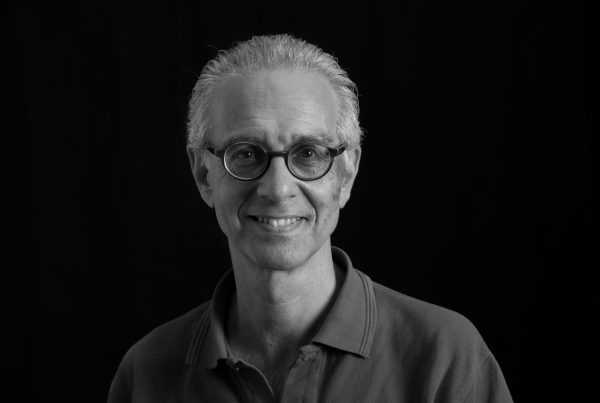Born in Buenos Aires, I received a BA from Harvard University, graduate degrees in psychology and the history and philosophy of science from the Universities of Geneva and Paris, and a Habilitation from the École des Hautes Études en Sciences Sociales, Paris. I have long worked on the history of the human sciences and the mind/brain sciences from the Renaissance to the present, and more recently in bioethics and medical anthropology and phenomenology. I have been Guggenheim Fellow, Athena Fellow of the Swiss National Science Foundation, Visiting Scholar at the American Academy in Rome and Harvard University (History of Science), Fellow at the Brocher Foundation, and Visiting Professor in Buenos Aires, Paris, Rio de Janeiro, Mexico DF and Kyoto. I was until 2012 a permanent Research Scholar at the Max Planck Institute for the History of Science, Berlin. In 2016 I was elected Associate Member of the Centre Alexandre Koyré (Paris) and in 2017 Member of the Academia Europaea.
Research interests
How do values and the production and application of scientific knowledge interact in particular contexts to shape views and practices of the human being? This has been the common question of my main research interests, which have long concerned the history of the mind/brain sciences from the early modern “sciences of the soul” to contemporary neurosciences. I keep working in those areas (see Lines of Research), but now also explore that question in the framework of biomedical ethics and medical anthropology and phenomenology. My main current project, which involves a network of researchers, patients and caregivers in Europe, the US and Japan, examines how the individual and collective experience of neurological conditions articulates with conceptions of personhood and forms of subjectivity. It focuses on the locked-in syndrome (known to the public through the film The Diving Bell and the Butterfly), a condition that leaves the mind intact, but the body almost entirely paralyzed.
